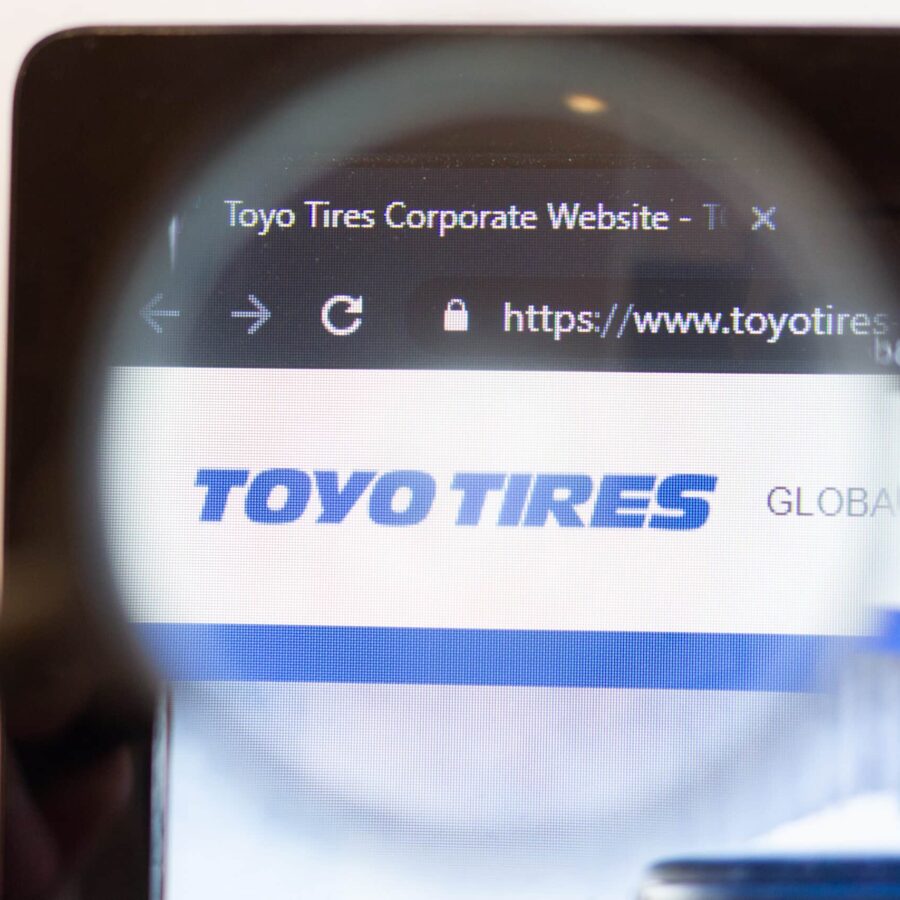Today Toyo Tires U.S.A. Corp announced a safety recall for approximately 68,763 Toyo Extensa A/S tires. This recall affects only specific tires in the Extensa line that are size P225/60R16 and marked “Made in the USA” on the sidewall.
These defective tires were produced in Toyo’s Georgia manufacturing plant and are further identified by the last four digits of the Tire Identification Number (TIN), which ranges from 3890 to 4410. They were manufactured from September 29, 2009 to November 6, 2010.
Toyo explains that “Tires manufactured before or after this period are not being recalled, nor are tires with the ‘Made in Japan’ or ‘Made in China’ mark.” The National Highway Transportation Safety Administration (NHTSA) explains this recall is expected to begin around February 2, 2012.
According to the safety recall notice, some of these tires may have been “produced with a kink in the bead area,” which could lead to the eventual development of a crack in this spot near the rim of the tire. If an undetected crack develops and is left unattended, dangerous tire failure may occur. This tire failure can potentially lead to a loss of vehicle control and heighten the risk of crashes, which poses a serious injury and death risk.
Toyo advises owners of these tires to contact the dealer they were purchased from, or the nearest Toyo dealer, in order to make an appointment to have them replaced. Failure to readily have these tires replaced will increase the risk of catastrophic failure. Drivers are also reminded to check their spare tires.
Replacement tires will be provided free of charge and include mounting, balancing, and taxes if returned on or before May 31, 2012. Tire owners are encouraged to take the Toyo recall letter with them to the dealer during their appointment to have their tires replaced.
A Consumer Reports article from last year echoed the importance of making sure tires are well-kept and defect-free, encouraging drivers to inspect them regularly to ensure proper vehicle handling, braking, and “overall highway safety.” They are the only part of vehicles in physical contact with the road, and ignoring their condition can have dire consequences.


